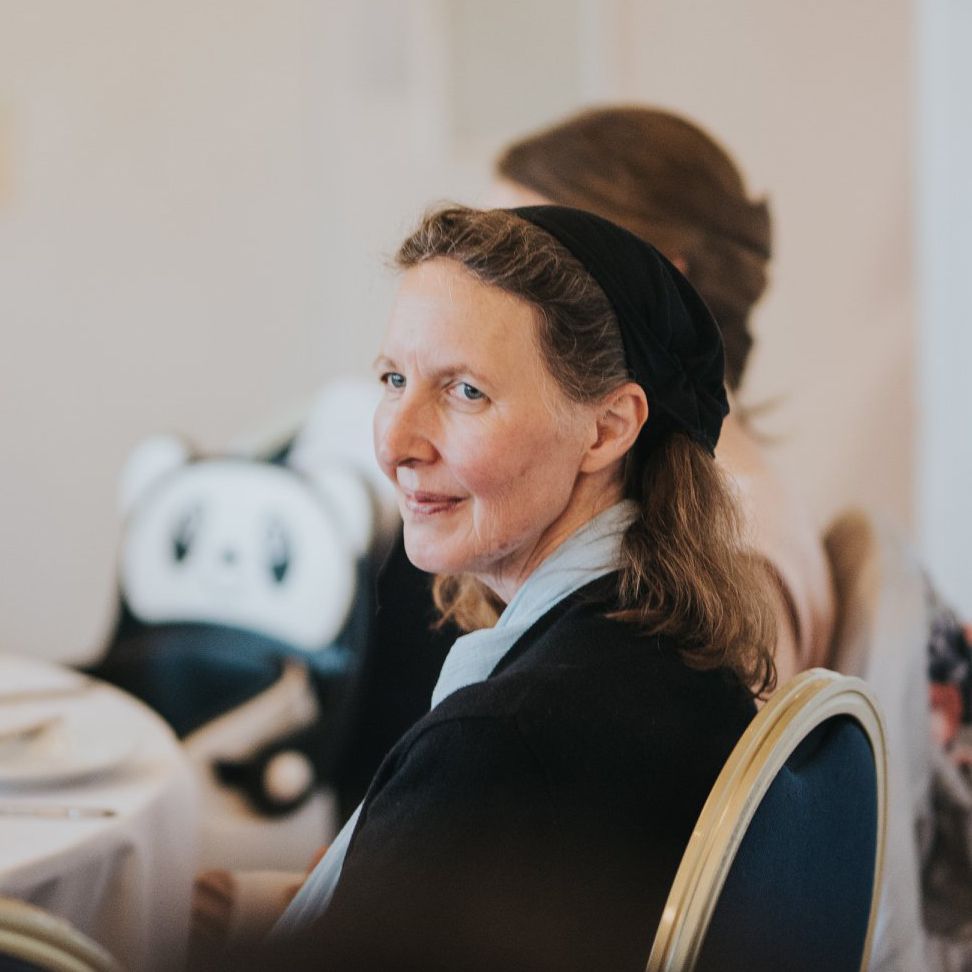12th July - No letter
Location: Brennan’s
No secret diary, No official diary and no letter to Poppy.
Whiskey
Michael Brennan’s biggest complaint about holding the general was the cost: "General Lucas was an expensive luxury as he drank a bottle of whiskey every day which I hated like hell to pay for." (Michael Brennan, The War in Clare - personal memoirs of the Irish War of Independence, 1911 to 1921, Dublin, 1980)
CHTL was someone who loved to have a good time and to make sure that those around him had a good time too. Evenings at Brennan’s were busy with card games and plenty of whiskey drinking.
One of CHTL’s duties in Belgium, when stationed there at the end of WW1, was to build good relations with the local people. He had sat through a tedious dance hosted by the local community and felt obliged to put on a dance in return:
We have got our dance here tonight, it will be a curious entertainment. I wonder what sort of people will turn up. The one they gave us here, several people brought paper bags to take their supper away in. . . Went for a short walk this afternoon, and looked in to see how the ball room was getting on; it is a very tawdry concert hall, but with the little decoration that is possible it won’t look so bad if there isn’t too much light.
Thurs Feb 13th 1919
The dance last night was really a great success.
They all came fairly decently dressed, and no one took their supper away in paper bags. The Belgian men were greatly excited when they discovered there was whiskey, as they had not seen any for 4½ years. One aged gentleman was seen to rush up to another man, hit him hard in the chest and breathe the one word “Whiskey” in his ear. Most of the men took much more of it than was essential for their ordinary nourishment, and some had to be helped home in the end.
I received those who wanted to be received, but very few availed them- selves of the privilege. The room looked quite nice in the subdued light. I am ashamed to say we had a private committee room where we kept oysters and other delicacies for our own private use. We closed down at 3.30, but some good lady started at the piano, and some of the semi unconscious guests started to dance again, so we turned the lights out.
Fri Feb 14 1919, 6PM
There’s no doubt that CHTL was staying up late and drinking whiskey and playing cards with his captors. IRA statements and local oral history all agree on this. Yet the captive general failed to tell his wife about his nightly entertainment, writing instead that his practice of ‘staying in bed until noon’ was to ‘pass the time’ rather than a need to sleep off the excesses of the night before! CHTL loved his whiskey but Poppy didn’t: she might have enjoyed the odd glass of port, no doubt sipped in a lady-like fashion but she was constantly worrying about the quantity of Whiskey that her husband was drinking. Even before they were married it was a bone of contention:
Stick to the port then you wont grumble about my pipe & whiskey.
Letter to Poppy, Sept 15th 1917
CHTL thought that the best way to deal with Poppy’s criticism was with humorous jibes at her own consumption of alcohol.
Nothing much in your letter today, probably due to Mrs Holdsworth’s birthday and Port for lunch.
Letter to Poppy, Aug 15th 1918
I hope nurse likes my beer, give her my love.
Letter to Poppy, Oct 18th 1918
‘Nurse’ was Nurse O’Neill, the family’s faithful employee who had become a very much loved member of the family. She originated from the Emerald Isle. CHTL would occasionally write to her as well as to other family members and they obviously had a good rapport, with lots of teasing.
I expect you and nurse had 2 bottles of cider and some port today to celebrate the event, you are probably standing on your head by now.
Letter to Poppy, Oct 24th 1918 (1st wedding anniversary)
tell nurse not to drink all the cider in case I get leave after all.
Letter to Poppy, Oct 29th 1918
However CHTL knew deep down that his drinking was bordering on being a little excessive.
Darling old Pip. I’ll try and turn over a new leaf by drinking less and going to bed at 10. I don’t want you to think that I drink too much,
Letter to Poppy, Nov 13th 1918
This new leaf didn’t last long although his backsliding was encased in humour:
You mustn’t lecture me on drink, I wish you would try and give it up yourself, its so much worse for a woman yah!!
Letter to Poppy, Nov 15th 1918
Archie...went off with a supply of port, whiskey, and stout, they have not been able to get any drink for 3 weeks; you only wish your husband had been in the same predicament, you little brute!
Letter to Poppy, Sun Nov 17 1918 (Archie was CHTL’s oldest brother)
Gradually Poppy’s attempts to cajole, sweet-talk, and outright lecture CHTL into changing his drinking habits got to him. He knew that she was right but he was unable and unwilling to change, his friends and family loved him warts and all and he just wanted Poppy to accept him as he was.
It doesn’t amuse me a bit to read your long dissertations on your drunken husband; I know I’m a real bad hat, but still have a few friends left, also my own family who manage to put up with me just as I am.
Letter to Poppy, Nov 23rd 1918
There is no doubt that CHTL had a considerable capacity for the consumption of alcoholic beverages, in particular Whiskey, which the IRA volunteers were to discover at a cost–to their pockets. If CHTL’s preferred tipple had been beer, he and his fellow officers probably could have helped substantially in keeping the old Lucas family brewery business afloat!
Remarkably CHTL never appeared to have suffered from hang overs and his drinking never affected his work. It probably grew out of the camaraderie of the Officer’s Mess and developed into an absolute necessity during the horrors of the trenches: 'officers who could afford spirits used alcohol as a coping mechanism. For some the stress of combat led to excessive consumption.'*
Whilst some doctors and politicians of the day, such as Lloyd George, argued against alcoholic imbibing because of its harmful effects, 'others argued that alcohol had a specific role in lifting morale, aiding unit cohesion and protecting soldiers from adjustment disorders.'* CHTL was definitely in the latter camp. How could men continue to put their lives at risk and remain sane -or for that matter sober? They almost daily saw their friends horribly killed or injured, whilst they themselves were constantly dodging bullets, shells and gas attacks, never knowing when their time would be up.
*Southborough (1922). Report of the War Office Committee of Enquiry into ‘ Shell-shock ’. London: HMSO. p. 68
Alcohol was one aid to survival: it dulled the pain and coated the stark reality of war with a cloudy haze. Lt Colonel J.S.Y. Rogers, medical officer to the 4th Black Watch, commented ‘had it not been for the rum ration I do not think we should have won the war. Before the men went over the top they had a good meal and a double ration of rum and coffee’. Alcohol kept the exhausted soldier going and fired up the terrified private into fighting the enemy. (Alcohol use and misuse within the military: A review EDGAR JONES & NICOLA T. FEAR Source)
Being held by IRA soldiers, many of whom were young and fairly inexperienced, CHTL had to cope with what was a very unnerving situation. One might have imagined that his first instinct would be to drink himself to oblivion to deal with his fears but this was superseded with his need to counteract the tedium and to have a good social time with the lads. One can’t imagine many British generals drinking whiskey with the lower ranks of their own army, let alone those ‘criminals’ who were holding them captive.
It is interesting to note that CHTL always uses the Irish ‘whiskey’, as opposed to the Scottish, spelling for ‘whisky’; this probably just denotes his preferred spelling rather than his regional preference of the beverage!
Gambling
Another of CHTL’s ‘vices’ which left his Irish captors even more out of pocket was his love of playing cards. Apparently during his captivity in Ireland he taught the lads how to play bridge, they taught him an Irish card game and he “cleaned them out” every time according to the descendants of his captors. He also amazed the lads with the speed of his shuffling and dealing despite possessing fewer digits on his hands than his opponents.
Having inherited the Lucas mathematical gene which his father and brother exercised daily in the bank, CHTL exercised his gene by applying his quick mind to calculating the odds and counting the cards in games. Poor long-suffering Poppy had to face the fact of another of her husband’s weaknesses and once again realise that no matter how much she might have wanted to, she couldn’t change this leopard’s spots.
CHTL when confronted confessed freely and honestly to his depravity but he sweetened the sin by bringing compensatory acts of generosity out of the fleecing of his opponents.
I’m sorry about not telling you what I win at cards. I generally do win, which means I am unlucky in love, that’s why I’m so depressed. I won 150 francs a few nights ago, the last time I played. It usually disappears in paying for peoples lunches and dinners when they go joy rides with me.
Letter to Poppy, Dec 21st 1917
... the last two times I have gambled I have lost money, if this goes on I shant be able to afford a lace collar to my pyjamas.
Letter to Poppy, Dec 28th 1917
Am staying away in the country tonight with some officers and gambling after dinner.
Letter to Poppy, Thurs Aug 29th 1918
We had 3 people to dinner last night and a string band, we played bridge afterwards and I lost about 16/-.”
Letter to Poppy, Fri Dec 1918 ["16/-" = £70.79 in today’s money]
If CHTL won any money playing cards with his captors, it’s almost certain that the money would have been used by him to pay for further nights of entertainment. He had a very generous nature.
Later on in life CHTL’s passion for gambling plus his mathematical skills in being able to calculate the odds along with a very cool and disciplined approach was turned into a nice little earner when he took to the serious art of backing horses at the races. He was so successful, that he regularly treated Poppy and others to a day out at the races. A national newspaper was so impressed that they tried to recruit him as their regular tipster-cum-pundit. An honour he politely declined.

